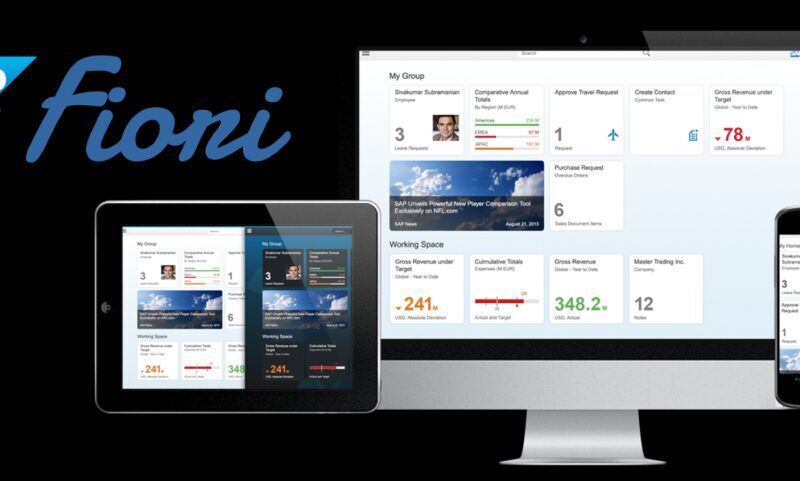The direct sales industry has been undergoing a remarkable transformation over the past few years, driven largely by technological advancements. As we head into 2025, technology continues to revolutionize the way sales reps engage with customers, track performance, and build lasting relationships. In this article, we will explore how technology is reshaping direct sales, from the tools that empower reps in the field to the back-end systems that provide insights to companies. Whether you’re a direct sales rep or a manager overseeing a team, understanding these changes can help you stay ahead in a competitive landscape.
The Rise of Mobile Technology
One of the most significant shifts in direct sales has been the widespread adoption of mobile technology. In the past, sales reps relied on paper catalogs, printed order forms, and in-person meetings to connect with potential customers. While these methods still have their place, the mobile revolution has made it easier for sales reps to access product information, communicate with customers, and close deals from anywhere.
In 2025, mobile devices are not just a convenience—they are an essential tool for direct sales success. Whether through tablets or smartphones, reps can access real-time product details, demonstrate products virtually, and even place orders instantly. This has not only streamlined sales processes but has also improved customer satisfaction by offering instant access to product information and seamless transactions.
Data-Driven Sales with Analytics
Gone are the days when sales reps had to rely on guesswork and intuition to drive their strategies. With the increasing availability of data, sales teams can now leverage advanced analytics to make more informed decisions. In 2025, businesses in the direct sales space will continue to embrace data-driven strategies, using analytics to track everything from customer preferences to sales performance.
The ability to analyze past sales trends allows companies to predict future demand, identify potential leads, and even personalize marketing strategies. Reps, armed with this data, can approach their customers with more tailored solutions, increasing their chances of success. From identifying the most profitable customer segments to refining pricing strategies, data analytics will remain a cornerstone of direct sales success.
The Role of CRM Systems in Enhancing Customer Relationships
Customer relationship management (CRM) systems have been around for years, but with recent technological advancements, they’ve become more sophisticated and user-friendly than ever. Heading into 2025, CRM systems will play a crucial role in helping direct sales companies build stronger relationships with their customers.
CRM platforms allow sales teams to track customer interactions, preferences, and purchase histories. This creates a centralized database of valuable insights that can be used to personalize follow-ups, recommend new products, and send targeted promotions. For sales reps, this means they can engage with customers in a more meaningful way, improving their chances of securing repeat business and fostering loyalty. Moreover, CRM systems integrated with other tools can automate tasks like follow-up emails and reminders, giving sales reps more time to focus on building relationships.
The Growth of Sales Enablement Apps
As the sales landscape continues to evolve, more and more direct sales companies are turning to specialized apps designed to enhance the productivity of their sales teams. These apps are designed to help reps be more efficient in the field, providing them with the tools they need to close deals faster and track their performance more effectively.
A direct selling app offers a wide range of features, including product catalogs, order management, customer relationship management, and performance tracking. By integrating all of these tools into one platform, these apps empower sales reps to stay organized, access the latest product information, and monitor their sales progress on the go. The ability to track usage and performance in real-time also allows companies to gather valuable insights, which can be used to further support their reps and optimize their sales strategies.
Virtual Demonstrations and Digital Tools
One of the most exciting trends in direct sales is the use of virtual demonstrations and digital tools to showcase products. With customers increasingly seeking convenience and flexibility, direct sales reps are turning to digital platforms to present their products in engaging ways.
Through video calls, 3D product demos, and augmented reality (AR) experiences, sales reps can now offer immersive, personalized product demonstrations to potential customers from the comfort of their own homes. This reduces the need for in-person meetings, allowing reps to reach more people in less time. Furthermore, customers can see products in action, which helps them make informed decisions. As technology advances, we can expect even more interactive and visually compelling ways to present products, making the sales process more dynamic and engaging.
Automation and Streamlined Operations
While technology is revolutionizing customer-facing tools, it’s also having a profound impact on back-end operations. In the coming years, automation will play an increasingly important role in streamlining administrative tasks, reducing overhead costs, and increasing efficiency for direct sales teams.
For example, automated systems can handle order processing, inventory management, and invoicing, freeing up sales reps and managers to focus on selling and relationship-building. This automation reduces human error, speeds up transactions, and ensures that everyone on the team has access to the most up-to-date information. Sales teams can spend less time on tedious tasks and more time fostering customer relationships, which ultimately drives higher sales and profitability.
The Importance of Social Media and Digital Marketing
Another key element in the transformation of direct sales is the growing importance of social media and digital marketing. In 2025, direct sales reps will continue to leverage platforms like Instagram, Facebook, and TikTok to connect with potential customers, showcase products, and drive sales.
By utilizing these platforms, sales reps can build a strong online presence, engage with a broader audience, and share product testimonials, live demos, and promotions. Digital marketing tools like email campaigns, influencer collaborations, and targeted ads can also help drive traffic to product pages and increase conversions.
Conclusion
As we approach 2025, technology will continue to reshape the direct sales industry in profound ways. From mobile technology and data-driven analytics to virtual demonstrations and sales enablement apps, the tools available to direct sales reps are more powerful than ever. By embracing these advancements, companies and sales reps can stay ahead of the curve, increase productivity, and build stronger relationships with their customers. With technology continuing to evolve at a rapid pace, the future of direct sales looks brighter than ever.




